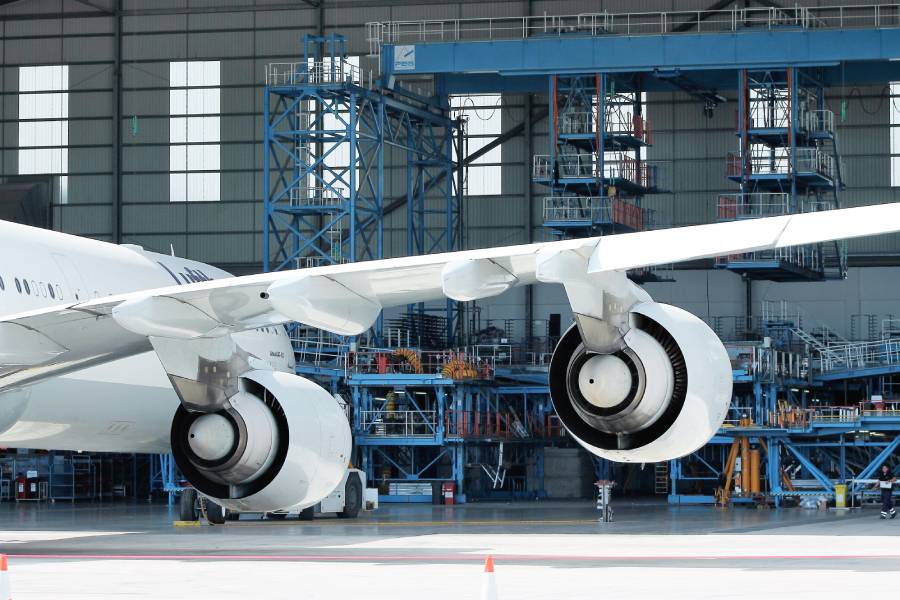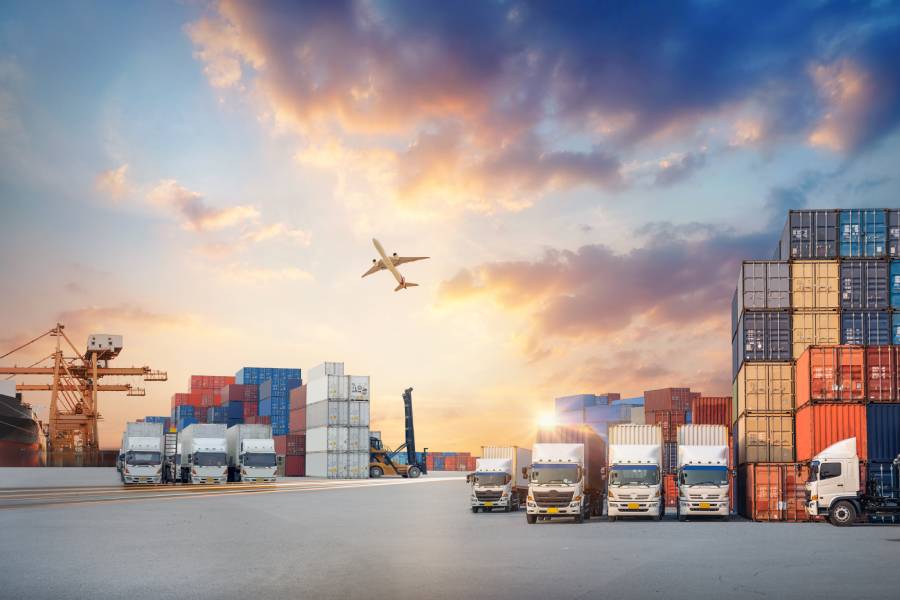
Aeronautics
Aeronautics is a strategic technological area for both Brazil and Sweden. Brazil is one of the four most important producers of civil aircraft in the world, and Sweden, although small, is very successful as a producer of military aircraft, and also as a supplier of kits and/or systems for civil aircraft. Because it uses a range of advanced technologies, with constant spill-over extending far beyond its borders into the automotive, communications, and other industries, this area represents a very important element from an innovation perspective.
In addition, industrial collaboration between the two countries is also fundamental in the field of academic research applied to the needs of the sector.

Sustainable Energy
Achieving an energy-sustainable future is one of the great challenges of the 21st century, a fact that was recognized by the Kyoto Protocol in 1997.
It is well known that if current patterns of energy production and consumption do not change, we will be jeopardizing the well-being of humanity in the medium and long term.
To reverse this alarming reality, sustainable energy offers the possibility of meeting the demands of human development, in its social, economic and environmental dimensions, but being generated and supplied in such a way as not to compromise the needs of future generations.

Transport and Logistics
Every human being needs to travel to meet their most varied needs: work, leisure, education, health, shopping, etc. And the ways in which this transportation is carried out depends on factors such as age, income, and level of education, among others.
According to the Council of Supply Chain Management Professionals, "Logistics is the part of Supply Chain Management that plans, implements and controls the efficient and economical flow and storage of raw materials, semi-finished materials and finished products, as well as the information related to them, from the point of origin to the point of consumption, in order to meet customer requirements".

Urban Development
Human progress has made us increasingly urban and the exodus from rural areas has made the 21st century the "century of cities".
As cities have grown and the number of inhabitants has increased, so have the problems of management and the costs of maintaining services and infrastructure. However, all these challenges can be seen as unique opportunities for what we call "smart and sustainable cities".
There is a demand for smart and sustainable cities to be engaging, creative, inclusive and, above all, collaborative places, resulting in a collective intelligence that must involve the whole of society. For our cities to move in this direction, we need the massive application of technology through innovation and the application of new operating models.
One of the main arguments for the concept of smart and sustainable cities and their policies is the economic growth and the generation of jobs and innovation that they provide. It is important to consider the reduction of costs and the intelligent use of technology aimed at energy, environmental and transportation aspects as objectives.